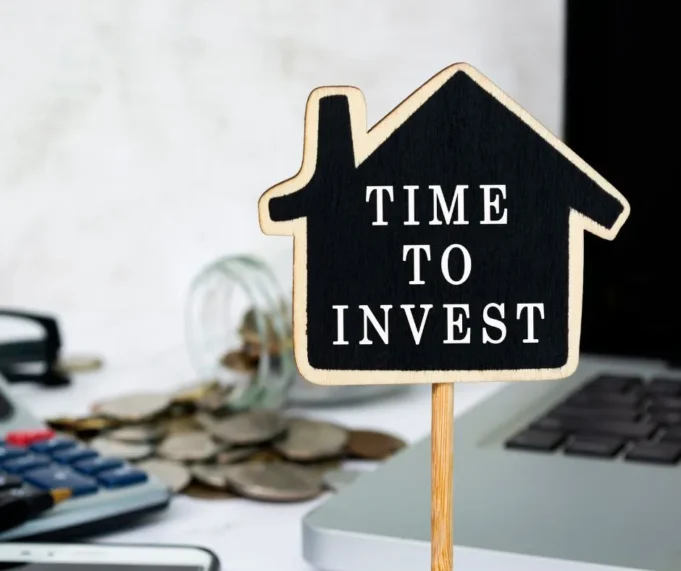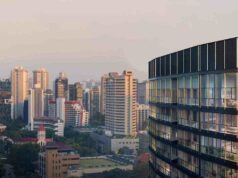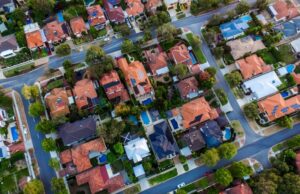Singapore has long attracted international buyers due to its political stability, strong currency, and transparent legal system. But owning property in the city-state as a foreign investor is not as straightforward as you might expect. Rules are clear but strict, and understanding them can mean the difference between a sound investment and an expensive misstep.
Key Highlights
- Foreigners can buy condominiums but face restrictions on landed homes and HDB flats.
- Additional Buyer’s Stamp Duty (ABSD) for foreigners is currently 60%.
- Property ownership rules vary by type and location—know what you’re allowed to buy.
- Leasehold vs. freehold matters for long-term investment strategy.
- Government policy shifts can heavily impact investment returns.
- New luxury projects offer potential value—but require due diligence.
Who Can Buy What—And What’s Off-Limits
Foreigners are allowed to buy:
- Private condominiums.
- Executive condominiums (ECs) after their 10-year minimum occupation period.
- Commercial properties, such as offices and shops.
Foreigners cannot purchase:
- New HDB flats (public housing).
- Resale HDB flats.
- Landed residential properties (e.g., bungalows, terrace houses), unless with special approval.
The Residential Property Act protects local interests by limiting access to certain property classes. Foreigners who want to own landed property must apply to the Land Dealings Approval Unit (LDAU). Approval is rarely granted unless the buyer can show exceptional economic contribution to Singapore.
Stamp Duties and Other Costs Foreigners Must Expect
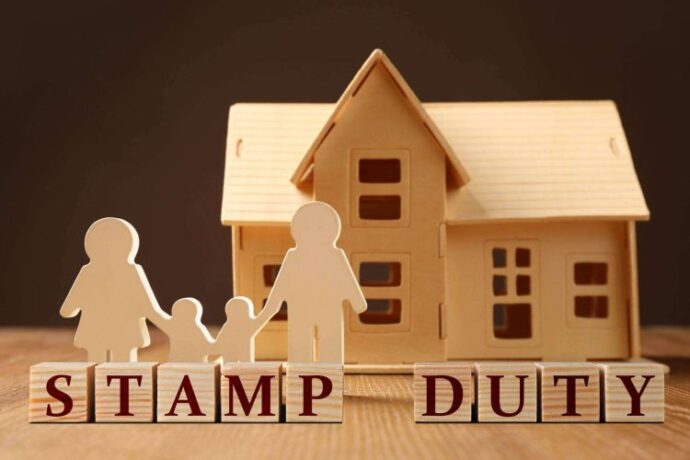
Foreigners pay the same Buyer’s Stamp Duty (BSD) as locals. But they must also pay 60% ABSD (as of 2024) on residential properties. This makes investment far more expensive upfront.
For a property priced at SGD 2 million:
- BSD (based on tiered rates): about SGD 64,600
- ABSD (60%): SGD 1.2 million
- Legal fees, agent fees, and loan-related charges: additional costs
There are no capital gains taxes or estate taxes in Singapore, which makes holding property attractive in the long term. However, buyers selling within three years of purchase must pay the Seller’s Stamp Duty (SSD):
- 12% if sold within 1 year
- 8% if sold within 2 years
- 4% if sold within 3 years
Choosing the Right Property Type
The Singapore private residential market is diverse. Condominium units remain the most accessible option for foreigners. Leasehold properties (typically 99 years) dominate, but freehold units offer longer ownership and tend to retain value better.
Projects near MRT lines or business hubs are often priced higher but show stronger appreciation. High-end condos in Core Central Region (CCR) offer prestige, but new growth is visible in Rest of Central Region (RCR) and Outside Central Region (OCR).
In prime districts, one project stands out—Lyndenwoods. Developed by CapitaLand, it reflects the developer’s reputation for crafting sustainable and high-end living environments. With eco-friendly features and a strategic location, it targets buyers who prioritize quality, smart integration, and long-term value.
Financing and Loan Regulations for Foreigners
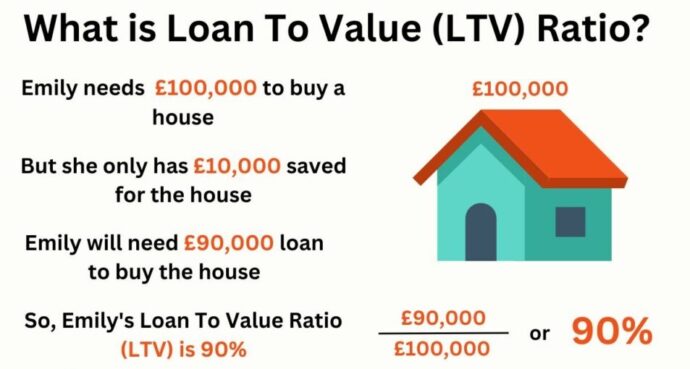
Foreign buyers can take loans from local banks, but Loan-to-Value (LTV) limits are stricter:
- Max 75% LTV if no outstanding housing loans.
- Lower if buyer has other loans or shorter loan tenure.
- Total Debt Servicing Ratio (TDSR) limits total monthly loan repayments to 55% of gross income.
Proof of income, credit history, and country of origin may affect eligibility. Some banks are selective based on risk profiles tied to foreign jurisdictions.
Spotting Projects with Long-Term Potential
New launches backed by reputable developers tend to hold value better. These projects often incorporate green building tech, smart home features, and proximity to future infrastructure.
One such launch worth noting is Grand Zyon. Backed by CDL and Mitsui Fudosan, it combines Japanese precision with Singaporean urban design. CDL’s proven history of sustainable luxury developments, paired with Mitsui’s focus on community-centric planning, positions Grand Zyon as a compelling option for long-term investors seeking quality and brand trust.
Look for:
- Developer track record
- Unit mix and layout efficiency
- Future transport projects in proximity
- URA zoning plans that may boost land value nearby
Property Taxes, Rental Yields, and Maintenance
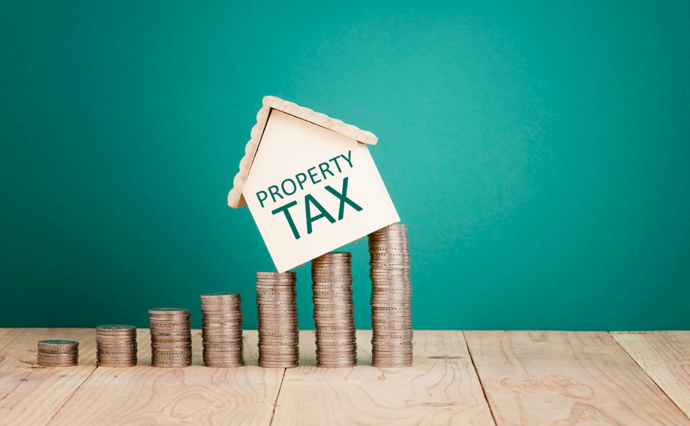
Annual property tax depends on whether the unit is owner-occupied or rented out. For rental:
- Non-owner-occupied residential property tax rates: 12% to 36% (tiered)
- Owner-occupied residential property tax rates: 0% to 32% (tiered)
Rental yields in the city core average 2.8% to 3.2%, while fringe areas may return 3.5% or higher. Foreign investors seeking passive income must account for maintenance fees, property management services, and vacancy risks.
Singapore has low vacancy rates overall, and the rental market is buoyed by demand from expats, students, and professionals. Still, upcoming supply may temper rent growth. It’s vital to assess projected yield alongside ongoing costs like:
- Condo maintenance fees
- Property tax
- Management services (if renting out)
Watch for Government Policy Shifts
Singapore monitors its property market closely. Authorities act fast to curb speculative bubbles or sharp price spikes. Policy changes may include:
- Tighter lending rules
- Increased ABSD
- Reduced LTV ratios
- Cooling measures such as sales restrictions
These changes impact investment timelines and returns. Foreign investors must stay informed via updates from URA (Urban Redevelopment Authority) and MAS (Monetary Authority of Singapore).
Holding property for the long term usually offers better outcomes. Short-term flipping is rarely profitable due to high transaction costs and regulatory pressure.
Exit Strategy and Resale Market
Foreigners face no restrictions on selling, but resale values depend on broader demand and location appeal. Lease decay in 99-year properties can drag prices down after 20–30 years. Freehold units or those near key redevelopments fare better.
Foreign investors should:
- Avoid fringe units in old developments
- Buy in up-and-coming areas near new MRT stations
- Monitor URA master plans for land rezoning or commercial hubs
- Exit during strong demand cycles
If the market softens, rental income can help buffer holding costs while waiting for a rebound.
Conclusion: Clarity, Compliance, and Calculated Risk
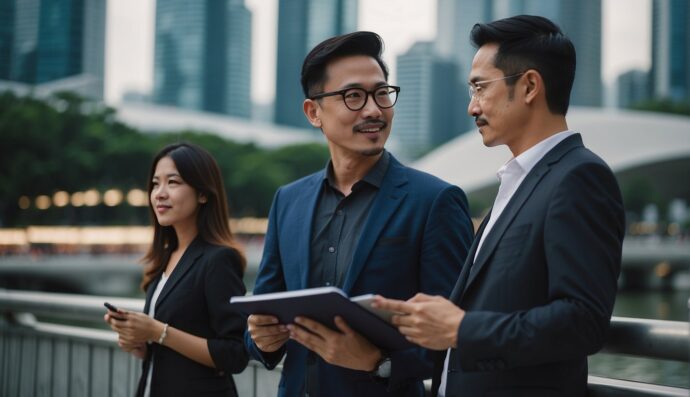
Singapore welcomes foreign investment—but not without barriers. High stamp duties, strict regulations, and selective property access make it essential to research before committing. But if done right, the return can be strong—both financially and in asset security.
Focus on properties developed by trusted names, stick to city or MRT-adjacent zones, and prepare to hold for the long term. Whether you’re eyeing a branded residences or a flagship ones, always check for legal updates and assess each move with precision.
Foreign investors succeed in Singapore when they respect its structure and plan with strategy. Are you prepared to meet the market on its terms?

